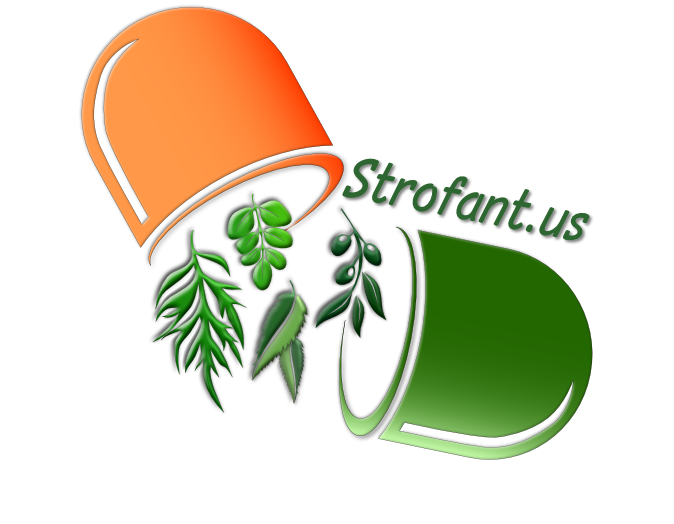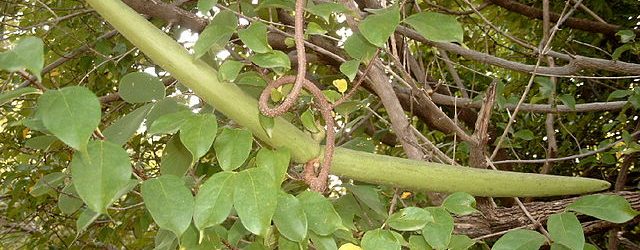Ouabain (G-Strophanthin) is an active compound found in the Strophanthus gratus plant.
G-Strophanthin has been used for over a century for its healing properties.
Despite its effectiveness and its status as the first-choice treatment for heart conditions among German doctors for over 50 years, it remains largely unknown to many medical professionals, including GP’s, internists, and cardiologists.
Ouabain is used both to treat and prevent heart disease and heart attacks, yet it remains inaccessible to most heart patients due to a general lack of awareness and knowledge.
Dr. Rolf-Jürgen Petry, a German naturopath, authored the book “Ouabain: The Possible Victory Over Myocardial Infarction,” which details the benefits of Ouabain in preventing and treating heart attacks. (Links to the book in German and partial English translation are provided below.)
A common misconception is that Ouabain, like digitalis, inhibits the sodium/potassium pump. However, through the doses used in practise, Ouabain does not inhibit the pump; but it actually stimulates its function—an effect that is particularly beneficial for patients with angina or myocardial infarction (MI).
By stimulating the sodium/potassium pump in red blood cells and platelets, Ouabain reduces cellular swelling, allowing these cells to navigate narrow capillaries more efficiently. This, in turn, improves blood circulation and prevents clot formation—without the adverse effects associated with aspirin and other blood thinners.
Another mistaken belief is that elevated endogenous Ouabain levels contribute to hypertension. In reality, these increased levels represent the body’s natural response to high blood pressure, acting as a cardioprotective mechanism. This self-regulating function has even led to Ouabain being informally referred to as the “stage-fright remedy” due to its calming effects on the body.
Hauke Fürstenwerth, PhD, has also explored Ouabain’s therapeutic potential in his book “Ouabain: A Gift from Paradise,” which provides an objective, fact-based analysis of its history and medical applications. (Link below.)



